Borage: The Secret Superfood You Need to Try!

Borage is an herb from the Borago officinalis Borage is a plant that thrives in the Middle East, Mediterranean region, and North Africa. Its seeds are rich in gamma-linolenic acid (GLA), an omega-6 fatty acid known for its anti-inflammatory effects.
Historically, this plant has been used to treat a variety of conditions, including depression, fever, respiratory infections, and adrenal insufficiency. In modern times, it is considered a potential treatment for a variety of skin disorders and infections.
May treat inflammatory emergencies.

This helps reduce inflammation by reducing the production of interleukin (IL) and tumor necrosis factor (TNF), two proteins essential to the inflammatory process. Additionally, it contributes to the formation of prostaglandin E1 (PGE1), a compound that helps reduce inflammation in the body. Thus, it may also help treat or manage conditions characterized by inflammation. Here are some examples:
- Rheumatoid Arthritis Rheumatoid arthritis (RA) is an autoimmune inflammatory condition characterized by the immune system attacking healthy tissue. Research suggests that taking 1.4 grams of borage daily for six months can lead to a 37% improvement in RA symptoms. Furthermore, another study showed that taking 2.8 grams of it daily over the same period led to a 64% improvement in RA symptoms.
- Asthma: This leads to inflammation in the lungs and airways. Research indicates that borage might aid in managing and preventing the worsening of asthma symptoms by reducing inflammation and swelling in the airways. However, other studies have shown that taking 2 grams daily for 12 months did not seem to enhance asthma symptoms when compared to a placebo, which is a treatment without any active medication or therapeutic effect.
- In a particular study, adults suffering from moderate asthma were given 5 milliliters (mL) of a borage supplement three times a day for a month. As a result, they reported reductions in coughing, shortness of breath, sleep disturbances, asthma attacks, and the need for emergency room visits. However, the supplement did not seem to enhance laboratory results associated with asthma-related inflammation.
Read also: How Many Calories in Sweet Potatoes? Find Out Now!
May Improve Skin Conditions
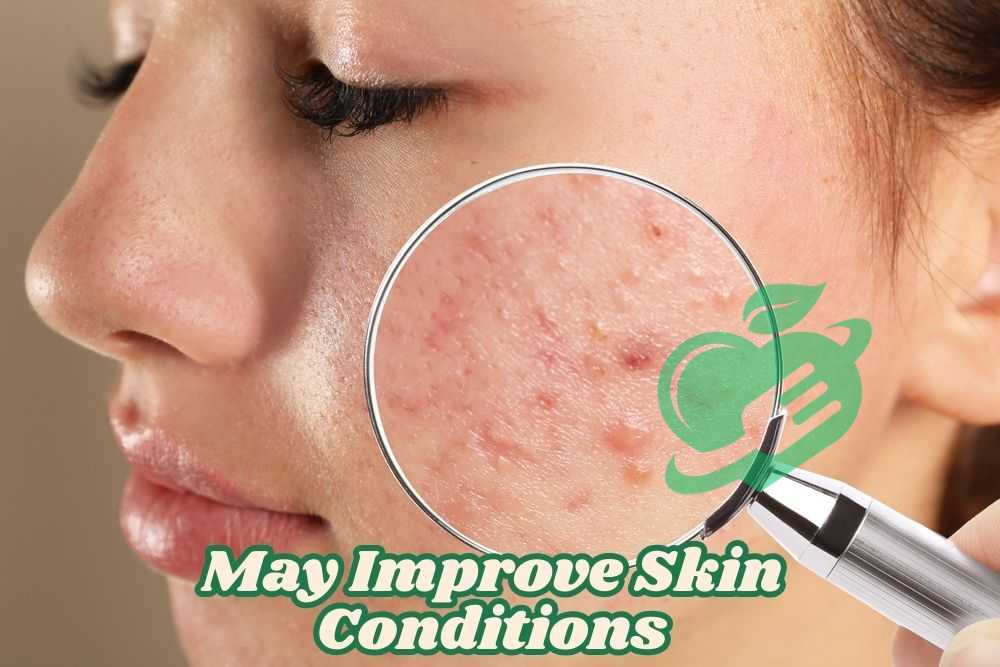
Further studies are required to determine the potential benefits of borage in treating and preventing inflammatory disorders. The anti-inflammatory properties of borage could help manage various skin issues. The omega-6 fatty acids found in borage help support the integrity and function of the skin. Applying borage oil directly to the skin might enhance and stabilize the skin barrier. Additionally, it may be effective in treating pain, bruises, and wounds when used topically.
Acne Acne is a frequent skin issue that results in lesions such as pimples. In cases of mild to moderate acne, consuming 2 grams of borage daily (which contains 400 milligrams of GLA) for 10 weeks reduced the number of inflammatory acne lesions by 33%, while non-inflammatory lesions saw a reduction of 16%. After 10 weeks of treatment, there was a noticeable reduction in the severity of the acne.
Atopic dermatitis Atopic dermatitis is a type of eczema characterized by dry, itchy skin. There is conflicting information about its effectiveness as a treatment. Studies of 500 to 4,000 milligrams (mg) daily for up to 24 weeks have found no significant evidence that the supplement has a positive effect on atopic dermatitis.
Additional research is needed to better understand the potential benefits of borage for treating skin conditions.
May Protect Cardiovascular Health

treatment of conditions
Investigations have focused on both the prevention and treatment of conditions using borage. Cardiovascular Heart and vascular diseases. Various research studies have suggested that borage could aid in reducing triglycerides, boosting high-density lipoprotein (HDL) cholesterol—often referred to as “good” cholesterol—and lowering both blood pressure and blood clotting tendencies.
Read also: Protein diet: How much do you lose weight per week?
One study focused on adults aged 30 to 46 with higher weight or obesity and assessed the impact of borage oil on various cardiovascular issues.
- Participants in the study consumed four capsules of a borage oil supplement, providing a total of 880 milligrams of GLA each day for six weeks.
- Borage oil did not enhance overall restfulness. Metabolism or body mass index (BMI) seemed to enhance triglyceride and HDL levels. (Nonetheless, the participants initially had normal lipid and cholesterol levels.)
- Researchers determined that borage oil probably doesn’t directly aid in weight loss, but it may assist in managing triglyceride and cholesterol levels.
Another study examined the advantages of different dietary supplements made from fatty acids in individuals with early-stage type 2 diabetes or metabolic syndrome :
- Participants received either corn oil, fish oil, or a combination of borage oil for a period of 8 weeks.
- Individuals who took borage oil experienced a reduction in total cholesterol levels, dropping from 182 mg/dL to 171.9 mg/dL, as well as a decline in LDL cholesterol from 106.3 mg/dL to 96.8 mg/dL.
An additional study examined the effects of borage oil on postmenopausal women suffering from hypertension (high blood pressure).
Read also: Headaches from MS? Discover the Best Remedies.
Some studies were conducted on ox tongue to update
- Participants were given either 1 gram of borage oil combined with vitamin E or vitamin E on its own for a duration of six months.
- The group that consumed borage oil along with vitamin E experienced an average reduction in systolic blood pressure, dropping from 138.75 millimeters of mercury (mmHg) to 127 mmHg, as well as a decline in diastolic blood pressure, which decreased from 89.88 mmHg to 83.50 mmHg.
- The group that received only vitamin E showed a lesser reduction in systolic blood pressure, with a decrease of approximately 131 mmHg, and there was no change observed in diastolic blood pressure.
- The research revealed a decrease in the waist-hip ratio, but there was no notable difference in total weight or BMI.
Read also: The Ultimate Fiber Snack List for Health-Conscious Snackers.
How To Take Borage
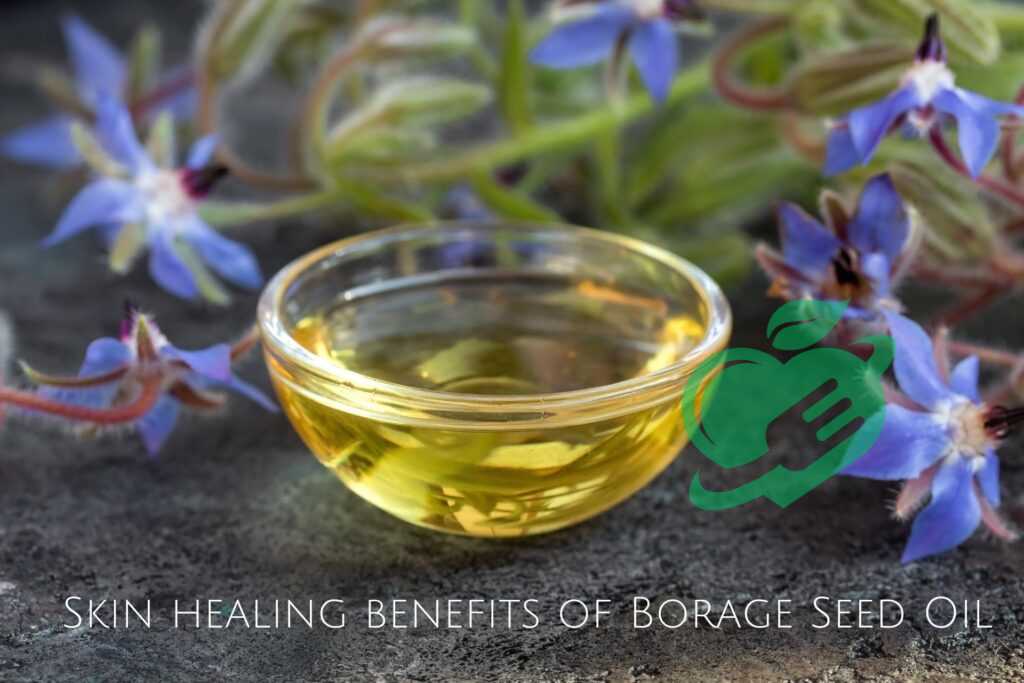
You can either consume borage orally or apply it topically to your skin. Borage oil is offered in liquid form or as softgel capsules.
The oil extracted from borage seeds is rich in GLA omega-6 fatty acids, typically containing around 18-26% GLA. The plant’s flowers are also remarkable. Borago officinalis The plant is edible, but it lacks GLA.
Dosage
There are currently no standard dosage guidelines for borage. Research has utilized doses of up to 4 grams per day. It is advisable to adhere to the dosage recommendations provided on the supplement label or consult your healthcare provider for advice.
Is Borage Safe?
Borage is considered safe for adults when taken at doses of up to 4 grams per day for a period of 12 weeks.
In the case of children, it is considered safe at doses of up to 2 grams per day for the same period. There is insufficient evidence to ascertain the safety of borage for pregnant or breastfeeding individuals.
Read also: Unlocking the Benefits: How Veggies Can Lower Your Blood Pressure.
Therefore, pregnant or breastfeeding women should avoid taking borage supplements. Borage plants and their products contain pyrrolizidine alkaloids (PAs), which are known to be toxic to the liver. Hepatotoxic pyrrolizidine alkaloids are primarily found in the root of the plant but can also be found in the plant’s flowers, leaves, and seeds. When purchasing borage supplements,
it’s important to choose products that are marked as “hepatotoxic PA-free.” Additionally, ensure that the supplement has undergone third-party testing. Unlike medications, the U.S. Food and Drug Administration (FDA) does not regulate supplements in the same manner, which can lead to differences in their quality and safety.
Third-party testing verifies that the supplement contains the ingredients listed on the label and is free of harmful contaminants. Look for certifications from trusted organizations like NSF International, U.S. Pharmacopeia, or ConsumerLab.
Read also: From Theory to Reality: Exploring the Feasibility of Blood Tests for Anxiety Disorders.
Potential Drug Interactions
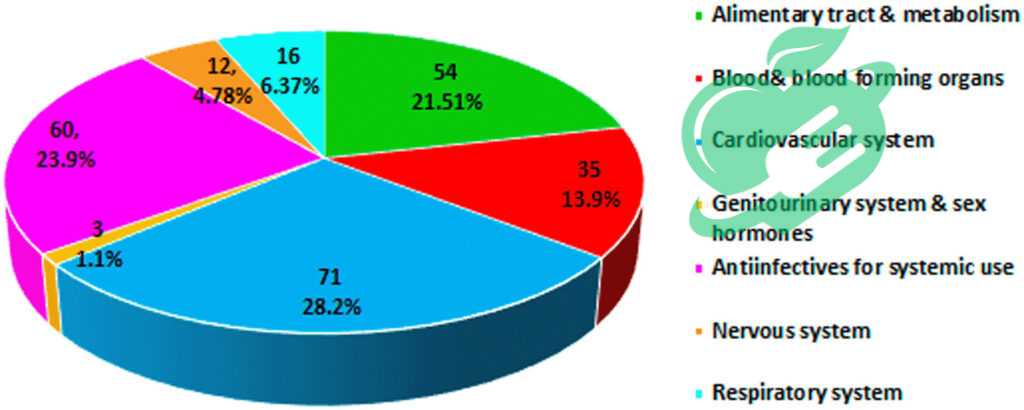
Current studies indicate that borage does not have significant interactions with most medications. Nevertheless, there are some possible drug interactions to consider, such as:
- Medications that reduce blood clotting and prevent platelets from aggregating: Using borage alongside blood thinners and antiplatelet medications could elevate your chances of bleeding. Borage contains GLA, which seems to reduce platelet clotting by approximately 45%, thereby heightening the risk of bleeding. Common prescription blood thinners and antiplatelets are Coumadin (warfarin), Plavix (clopidogrel), and Eliquis (apixaban). There are also various herbs and supplements that possess blood-thinning and antiplatelet properties. ginkgo , dong quai, and turmeric.
- Using borage in combination with medications : that are metabolized by the liver enzyme CYP3A4 may increase PA levels and raise the likelihood of liver damage. To prevent this interaction, it is important to steer clear of products that contain PA. Some examples of drugs affected by CYP3A4 include phenytoin, phenobarbital, and corticosteroids.
- Phenothiazines: Multiple studies from the 1980s indicated that using borage oil alongside phenothiazines could raise the likelihood of seizures. Phenothiazines are a class of drugs typically prescribed for mental and emotional disorders, including medications like prochlorperazine, fluphenazine, and chlorpromazine. Nonetheless, several subsequent studies have refuted this assertion.
- Herbs and supplements that contain pyrrolizidine alkaloids: Because of the potential for liver toxicity, borage should not be combined with other herbs and supplements that contain pyrrolizidine alkaloids (PAs). Some examples of these supplements are black cohosh and garcinia. Turmeric and vitamin A.
Can You Take Too Much?
The highest safe dosage of borage has yet to be established, although doses as high as 4 grams per day have been deemed safe. Additional studies are required to assess whether specific dosages of borage could lead to serious side effects or complications.
Read also: Black Seed: The Miracle Cure You Need Toda.
Side Effects of Borage
Generally, borage is considered to be well-tolerated. Some common side effects associated with borage products include bloating, belching, and diarrhea.
Borage plants and certain products derived from borage contain PAs, which are recognized for their potential to harm the liver. Prolonged exposure to PAs can result in a condition known as veno-occlusive disease (VOD). This condition occurs when blood vessels in or surrounding the liver become obstructed. Symptoms of VOD include abdominal pain in the upper region, vomiting, diarrhea, fluid accumulation in the abdomen (ascites), and hepatomegaly (liver enlargement).
When purchasing borage supplements, seek out products that are marked as “hepatotoxic PA-free.”
A Quick Review
Borage is an herb that is present in the Borago officinalis The plant’s seeds are rich in GLA, an omega-6 fatty acid thought to help reduce inflammation. This herb may offer treatment possibilities for various skin and inflammatory issues, such as rheumatoid arthritis, acne, and asthma. It’s important to consult your healthcare provider before using borage oil, as they can advise you on whether this supplement is suitable for you, considering your health issues and any other medications you might be using.
Follow us for more updates and breaking news, as we provide you with everything new.

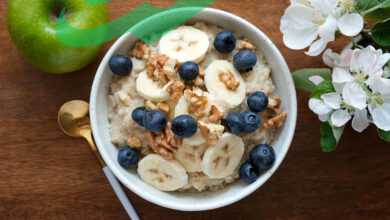

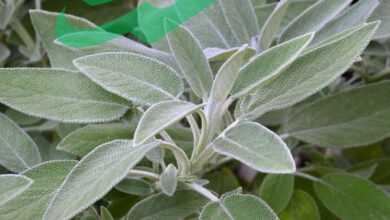
4 Comments